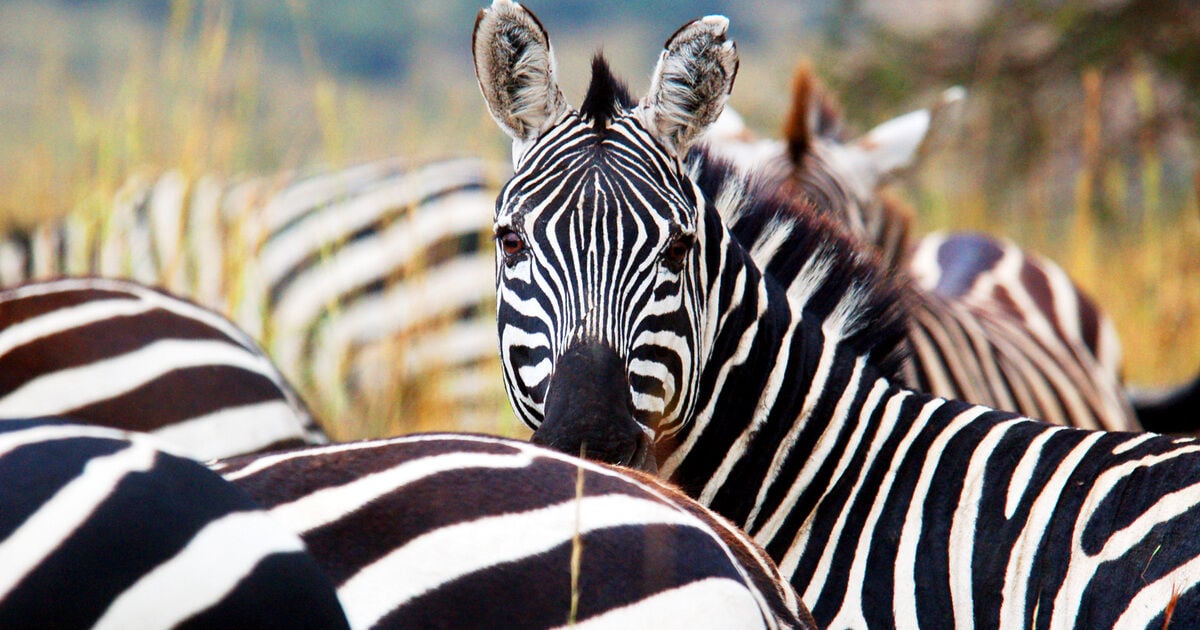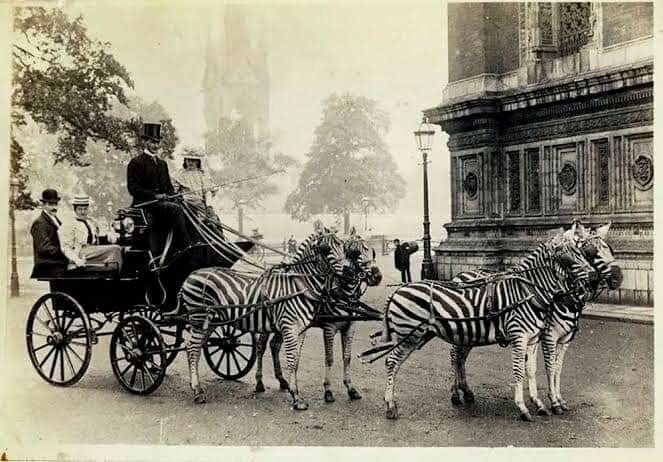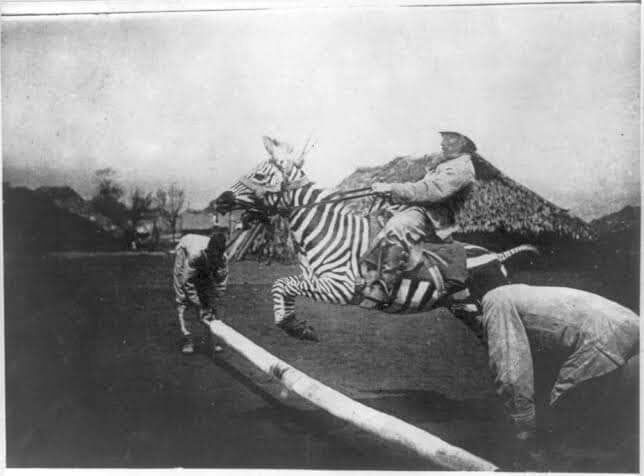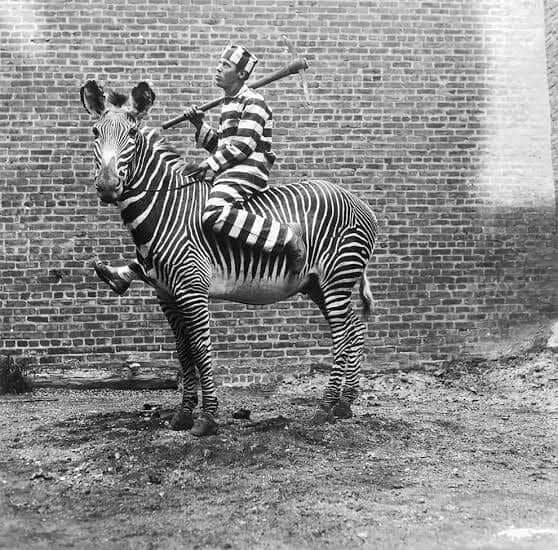Stripes unplugged: Failed attempts to domesticate zebras

Once upon a time, there were attempts to domesticate zebras, without much success. Zebras, members of the Equus genus and the subgenus Hippotigris, are hoofed mammals primarily found in the open plains of Africa, particularly south of the Sahara Desert. Currently, their population ranges from approximately 660,000 to 1 million.
During the late 19th century, there was an attempt by humans to domesticate zebras for use as riding and draft animals, similar to horses. However, these efforts were largely unsuccessful.
Despite their superficial resemblance to horses, zebras have distinct behavioural and social characteristics that make them difficult to domesticate. Unlike horses, zebras are inherently wild and resistant to taming through gentle methods. They do not easily follow commands, making them unsuitable for roles traditionally filled by horses.
Zebras exhibit a complex social structure, where multiple females typically lead the herd, while males tend to wander nearby without straying too far from the group. This social dynamic is more intricate than that of wild horses, primarily as a survival strategy against predators in Africa.
In addition to their social behaviours, zebras have unique defensive mechanisms. They are known for their precise kicking with their hind legs and can aim at threats by looking between their legs. Despite being robust animals, zebras are smaller than most horses, and their spinal structure is not well-suited for bearing the weight of humans over extended periods.
Consequently, attempts to train zebras for riding or work purposes often resulted in physical and psychological stress for the animals, as well as a considerable waste of time and resources. Ultimately, humans abandoned these efforts, acknowledging the impracticality of using zebras in the same manner as horses.



In related news, four years ago while the rest of the world fought Covid-19, the animal world in Thailand had an outbreak of their own: African horse sickness. The problem was so bad that the Government of Thailand required all imported zebras to be quarantined and tested before entering the country. The same went for horses.
Latest Thailand News
Follow The Thaiger on Google News:


























